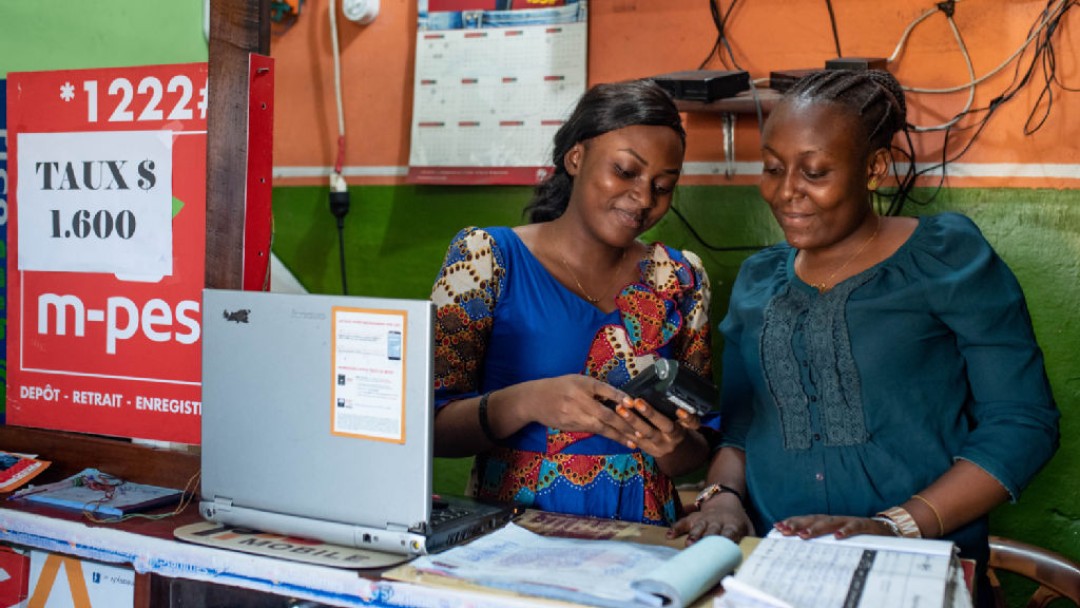
No current account, no insurance, no loans: more than one billion women worldwide live without the help of financial services. Gender equality is still a long way from being achieved in this area. The non-profit organisation Women’s World Banking (WWB) was founded to help women gain access to financial products. To this end, WWB has set up two funds in which KfW participates.
Allen, a trader from Uganda, was seriously injured in a motorcycle accident. She had to go to hospital and close her shop in Kampala, where she sold grain and meat. She could have been at risk of financial ruin, but she had taken out insurance through her bank, as advised by WWB. The latter assumed the costs of medication and hospitalisation. Once Allen had recovered, she was able to return to her business.
The example, shown by WWB in a video on its website, illustrates how important financial products are for economic activity, especially for women. Since it was founded in 1976, WWB has supported around 20 million women worldwide. The organisation does this via partner banks rather than directly. WWB has now invested more than USD 80 million in 20 financial institutions across twelve different countries. WWB is also committed to making politicians and society aware of the "gender gap", i.e. the different degree of participation of women and men in the area of finance. In cooperation with organisations, ministries and administrations, seminars are held to raise awareness of the situation of women and strengthen their financial inclusion. Furthermore, WWB is committed to ensuring that women occupy leading positions in financial institutions.
WWB has launched two funds that invest in financial institutions in Africa, Asia, Latin America and the Middle East. KfW is investing in the Women’s World Banking Capital Partners Funds I and II on behalf of the European Commission and the Federal Ministry for Economic Cooperation and Development (BMZ), as well as through its own funds.
Supporting women when it comes to their financial business creates a multiplier effect. It has long been known that women spend more of their disposable income on education, healthcare and feeding their families than men. Children are therefore healthier and better educated if their mothers have their own income. “We certainly know that a woman who has more control over the funds she generates or adds to the budget has a louder voice and plays a more important role in decisions regarding the budget,” asserts Mary Ellen Iskenderian, President and CEO of WWB.
Digitalisation is becoming increasingly important when it comes to financial inclusion. This is because in many countries of the global South, business is conducted online and the traditional bank branch is unknown. However, according to the Global System for Mobile Communications Association (GSMA), smartphone ownership in 2021 was 15% lower among women than men. Increasing women’s participation in digital technologies and giving them access to financial services is one of the main objectives of WWB: “We are excited about the opportunities digital technologies offer to overcome mobility barriers,” states Mary Ellen Iskenderian. Women who manage small or medium-sized enterprises can access e-commerce platforms with a smartphone and significantly extend their range of action and business.
The activities of WWB are proving successful: The proportion of female customers in the banks in which the first WWB fund is involved has already increased by 47%.
Share page
To share the content of this page with your network, click on one of the icons below.
Note on data protection: When you share content, your personal data is transferred to the selected network.
Data protection
Alternatively, you can also copy the short link: https://www.kfw-entwicklungsbank.de/s/enzByQ-8
Copy link Link copied